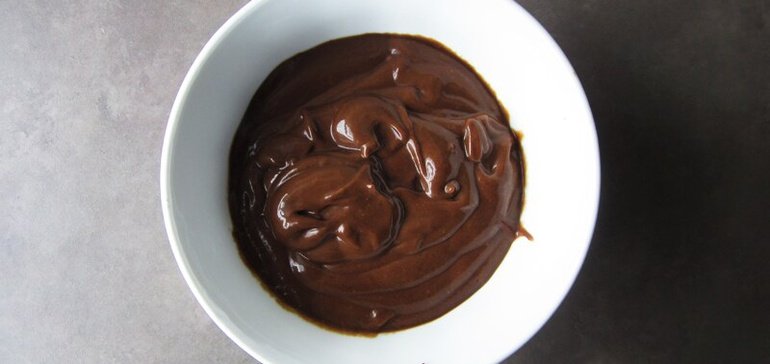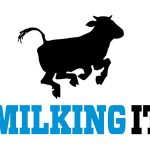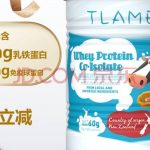
The lawsuit compares the Snack Pack labeling to several other competitor pudding cups, including Conagra’s Swiss Miss, Kraft Heinz’s Jell-O and Walmart’s private label Great Value. The other brands label their products as being made with “Milk,” “Skim Milk” and “Nonfat Milk.” The lawsuit also calls attention to pictures of a milk bottle and white droplets on Snack Pack’s product packaging.
Snack Pack pudding cups get their fat from palm oil. “While there is no rule against including nonfat milk and palm oil, it is false and misleading to consumers to highlight ‘real milk’ on the Product when the most significant element of ‘real milk’ — milkfat — is replaced with palm oil, which is a lower value nutritionally and in terms of price,” the lawsuit said. A Conagra spokesperson told Food Dive the company does not comment on pending litigation.
As consumers pay closer attention to what food labels claim, yet another lawsuit has been filed to try to ding a manufacturer for making a claim that isn’t necessarily inaccurate, but could be misunderstood.
Nonfat milk, which is a dried ingredient made from skim milk, is unequivocally a dairy ingredient. According to definitions from the International Dairy Foods Association, it can have up to 1.5% weight of milkfat.
And the lawsuit admits while lowfat milk does meet the definition, “it cannot be described as ‘real’ milk because ‘real’ is defined as referring to something in its original or authentic form, which would be milk before the fat is removed.” The labeling leads consumers to believe the fat content in Snack Pack actually comes from whole milk — something parents would buy for growing children, the lawsuit says.
But how truly different is this label claim from what is shown on other products, and is it really enough to confuse a consumer? Unlike past litigation around dairy products with dubious claims, the pudding cups aren’t advertising health benefits — just that the dairy cows that make the ingredients are not treated with artificial growth hormones and the pudding contains no trans fat, high fructose corn syrup or preservatives.
The other product labels referenced in the lawsuit also aren’t so different. The Great Value pudding, which says on its label that it’s made with skim milk, features a picture of a white pitcher on the label. The Jell-O pudding label says the product is made with “milk,” without specifying the specific milk ingredient used.
But considering this first lawsuit has been filed, there’s no guarantee that Walmart and Kraft Heinz won’t be taken to court on similar claims in the coming months. After all, consumer lawsuits tend to follow broad patterns. Several lawsuits were filed against different food companies — including Mondelez, Post and General Mills — for claiming their products were made with “real cocoa.”
The products are made with alkalized cocoa, which deepens the color, makes it more soluble and decreases the reaction it would have with other baking ingredients. However, the lawsuits claim, it also decreases the cocoa flavor in the finished product. The lawsuit against General Mills argued a consumer would not think the alkalized ingredient was “real cocoa” because “‘real’ is understood to be the ingredient in its most simplified and reduced form.”
The cocoa lawsuits — all filed by the law firm Sheehan & Associates, which also filed this lawsuit against Conagra — have mostly been voluntarily dismissed by the plaintiffs. The only one continuing is the case against Mondelez, which has continued to fight and moved for the case to be dismissed in February.
Regardless of whether this case against Conagra will ultimately be seen to have any merits, it’s still something the CPG giant needs to deal with right now. It can be pricey and time consuming to mount a legal defense against the claim — or to settle with plaintiffs, if that’s the direction the company chooses to take.
But the fact a lawsuit was filed at all calls into question the legitimacy of using nonfat milk as an ingredient in pudding cups. Even though some consumers would not think the label claim was misleading, the sheer fact that there was a lawsuit filed about it may start giving consumers pause about purchasing pudding cups — or any other product containing lowfat milk — in the future.























